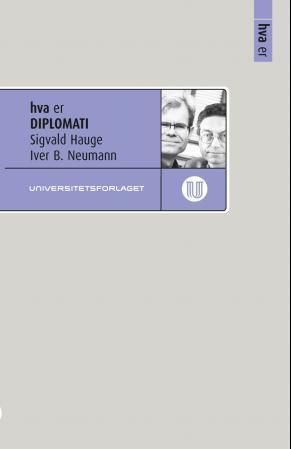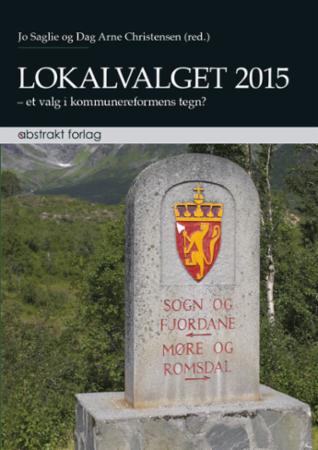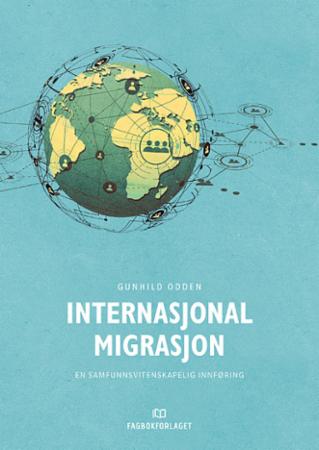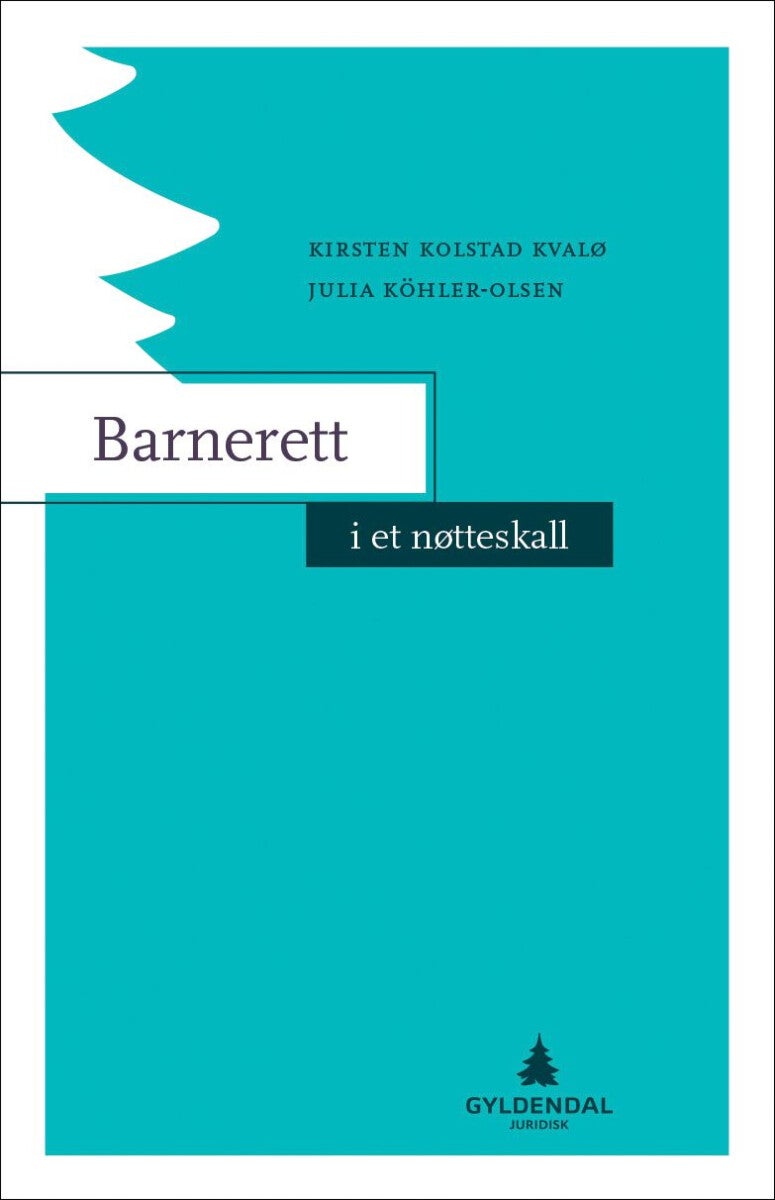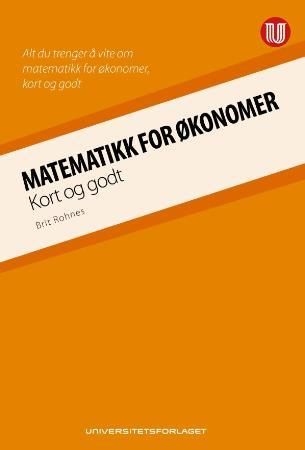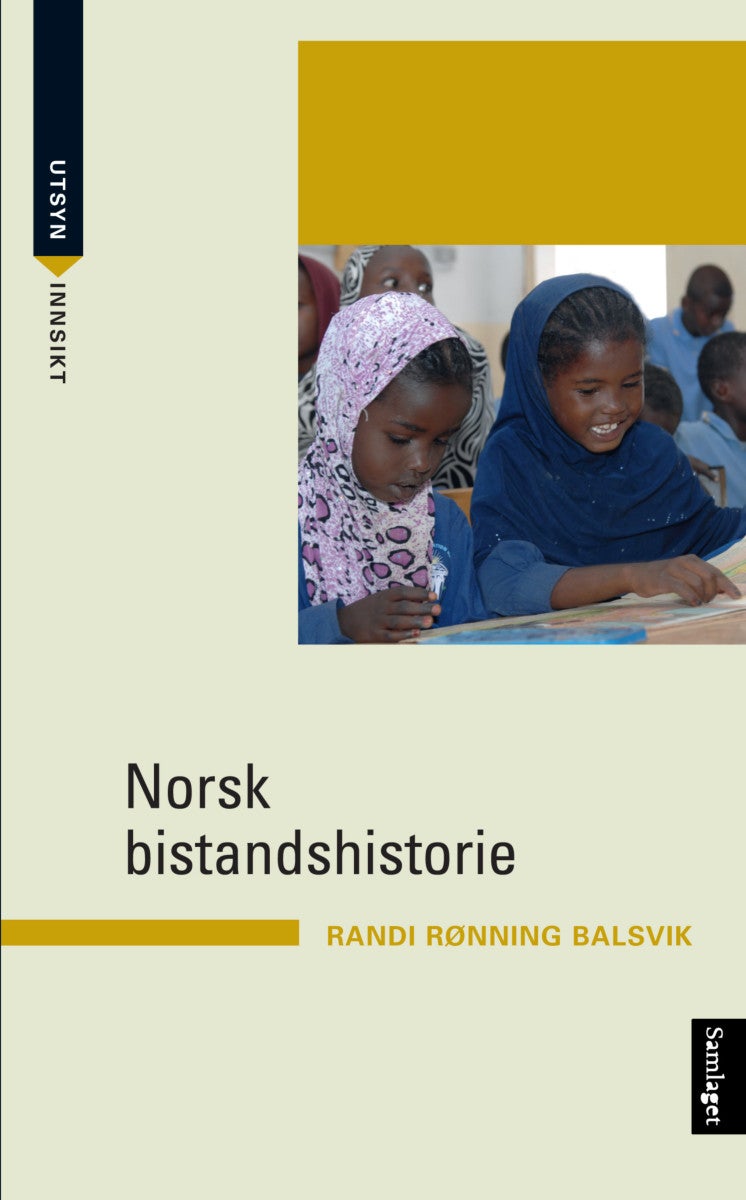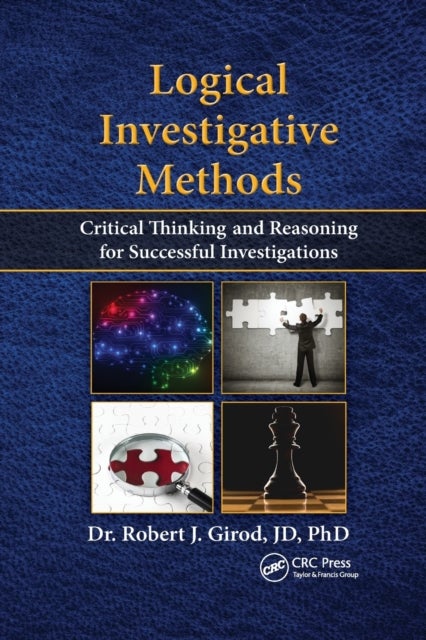
Logical Investigative Methods av Robert J. Girod
439,-
<P>All too often, professional investigations fail because those involved jump to conclusions and draw faulty premises that leave the trail cold.<EM></EM>Correct conclusions are not the result of guessing, but by applying efficient thought processes. <B>Logical Investigative Methods: Critical Thinking and Reasoning for Successful Investigations </B>is designed to help investigators, detectives, special agents, and prosecutors avoid assumptions and false premises by using logic, reasoning, critical thinking, and the scientific method in their investigations. </P><br/><br/><P></P><br/><br/><P>Topics covered in this text include:</P><br/><br/><P></P><br/><br/><UL><br/><br/><P><br/><br/><LI>Finding facts instead of making assumptions</LI><br/><br/><LI>Understanding how our cognitive skills can affect investigations</LI><br/><br/><LI>Using philosophy and logic to come to proper conclusions and probable inferences</LI><br/><br/><LI>Using critical thinking and logical reasoning effectively</L

